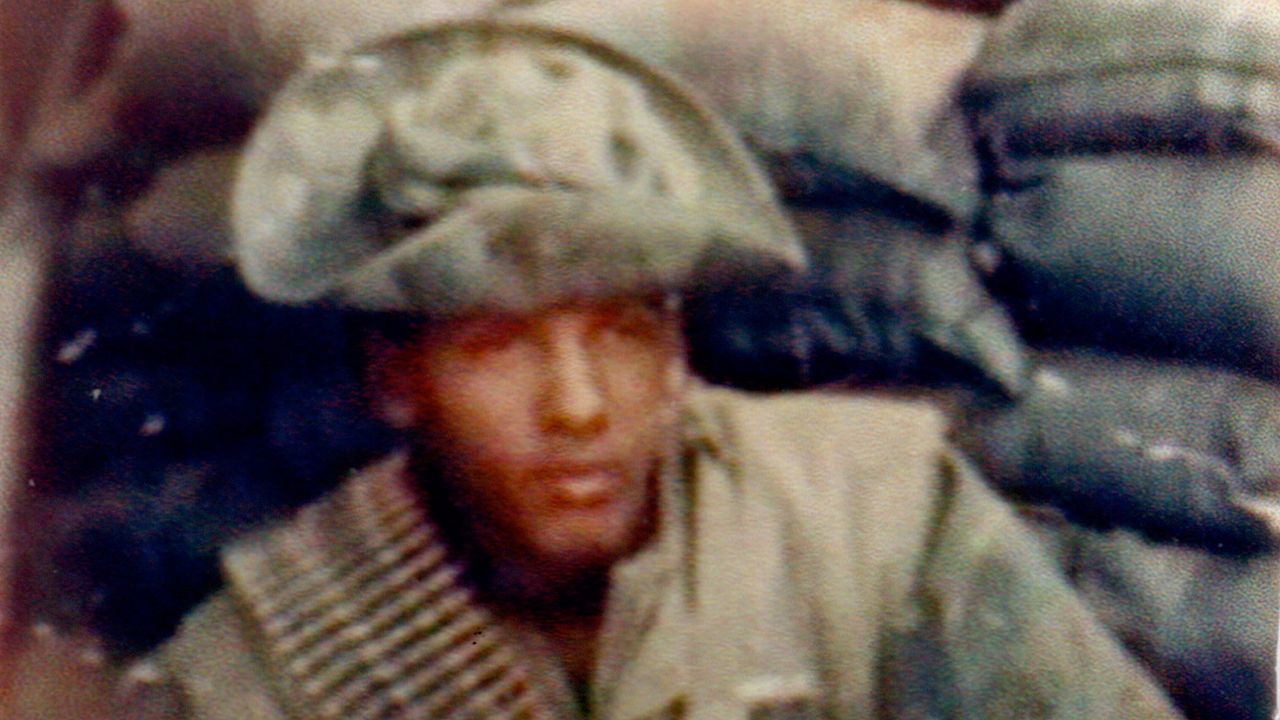Paul and Carlos Foster were always inseparable. Two of seven siblings who immigrated with their parents from Cuba to the South Bronx in the early 1960’s. They came to New York for a better life and fearing a U.S. invasion of the Island. They would soon be pulled apart by another invasion.
Carlos, known affectionately as Carlito, was drafted to the Vietnam War at 24-years-old.

“Gentle guy, very smart, very intelligent, articulate and smooth guy,” said his brother Paul Foster.
At least that’s how he was before the war. Paul says, he was never the same after, developing post traumatic stress disorder and schizophrenia, within the first two years of returning home.
“At first he was able to handle and care for himself, attend all the VA meetings they wanted but as the years went on, and with each attack of Schizophrenia he gets less and less capable of taking care of himself.”
In part to deal with anxiety, the former marine became a chain smoker, which would ultimately result in a cancer diagnosis. His mental and emotional health also declined. And he slept on the streets of the Bronx, until his brother and family stepped in.
“I took over all of the responsibility of taking care of him from paying his rent, food, financials and taking him to the VA hospital for the care. I have to say from the day he became sick it’s been a family effort.”
An effort he says, was made more difficult by the bureaucracy of the Veterans Affairs system.
“The VA is setup in my opinion in a catch-22, where it says we will give you all the services, we give you this or that, but you must jump to several hoops. And my brother who was not capable of jumping through those hoops.”
Paul says the final years of his brother's life were difficult. Carlos loss his only daughter to cancer. And in December 2019, after the removal of his own cancerous tumor, he died while in recovery.
“That was tough and of course my reaction was very typical of a brother. Excuse me for a second. It was tough. Very tough.”
Paul Foster has found comfort by writing about war. For four years, he attended the Craft of War workshop at the Morris Park Library. It was started by instructor Jeremy Warneke, a veteran of the Iraq War who says writing has helped him come to grips with his own war experience.
“In the military you’re not really taught to think and reflect. If something bad happens, suck it up and drive on,” said Warneke.
The workshop is virtual now due to the pandemic. Warnkeke says he hopes that the writing helps veterans and their families, though he acknowledges they may never find total peace. Foster agrees.
“It’s not just that soldier that goes to war. The whole family goes to war and suffers,” said the brother in mourning.



